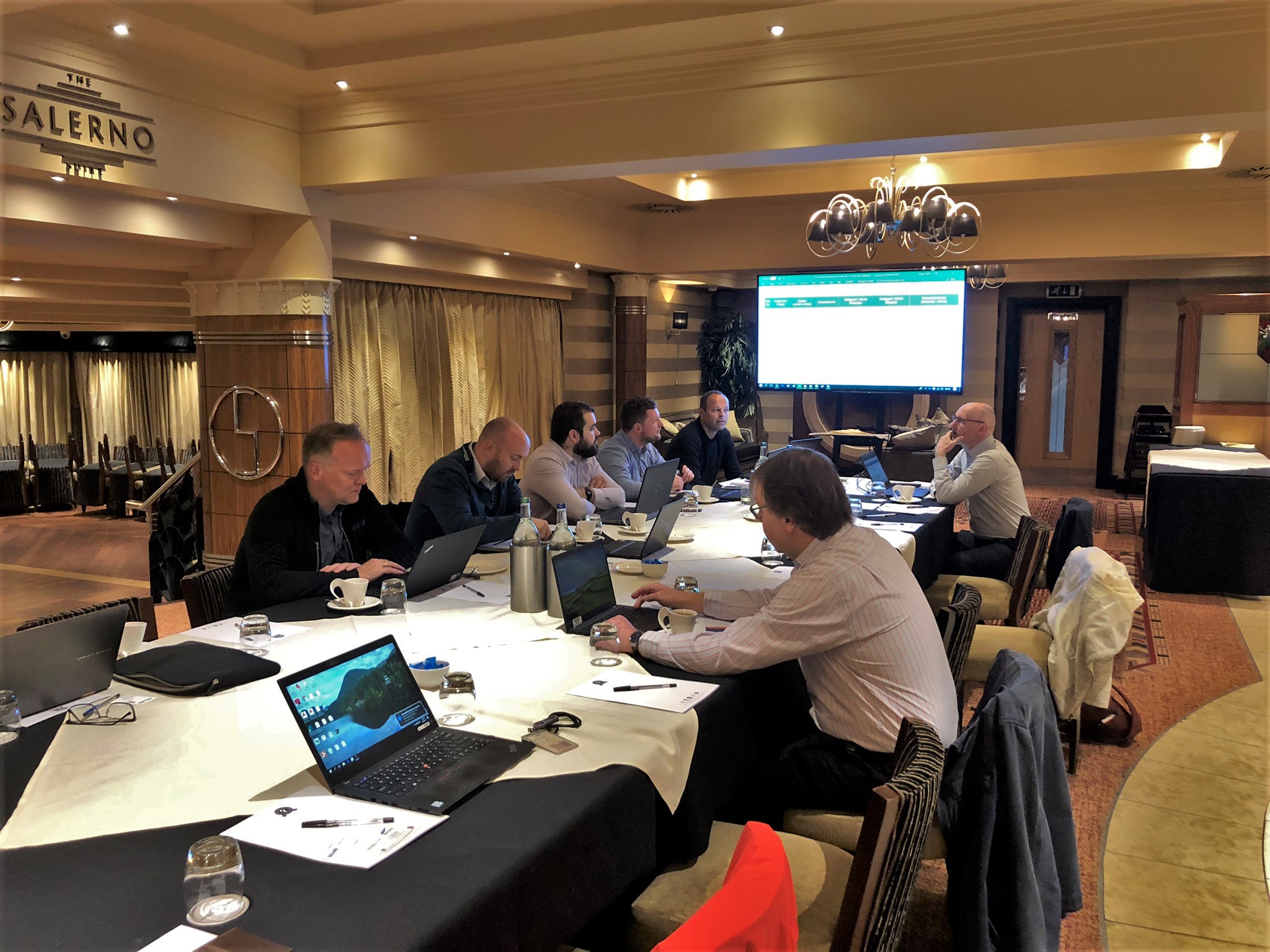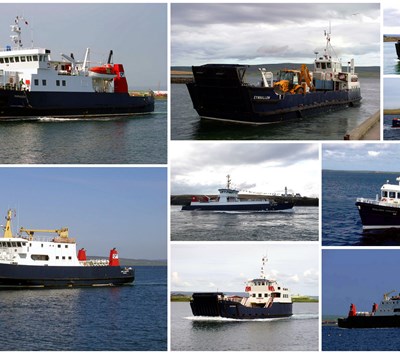‘The technical teams were invited to Ingliston Country Club, Bishopton between the 29th April – 2nd May to conduct the HAZID Workshop. This is part of the ARBD (Assessment of Risk Based Design) process. Lloyd’s Register hosted the event, and representatives from Ferguson Marine Engineering Limited, Kongsberg Maritime, Ballard Power Systems, Orkney Island Council and the Maritime and Coastguard Agency all contributed to what was a successful workshop.
The event started with Lloyds Register providing an overview of the HAZID workshop, covering the objective, scope, approach, team, schedule and deliverables of the exercise.
The first day of the exercise covered the battery set up. We were fortunate enough to be joined at the workshop by two subject matter experts from the battery supplier Leclanche. This further enhanced the rich knowledge base present at the workshop. The ARBD process was then followed to identify any potential risks concerning the design of the vessel and to put mitigating actions and recommendations in place.
Day two of the workshop revolved around the Fuel Cells. It was great to have the team from Ballard Europe with us at the event, and also a representative from Ballard Power Systems headquarters in Canada, whose knowledge on Fuels Cells and the associated systems was invaluable.
The fuel cell discussion was completed on day three of the workshop. From here we went straight into the topic of Hydrogen.
The selected tank manufacturer also managed to attend the workshop, providing valuable information surrounding the tanks and the auxiliary equipment. Detailed discussions then ensued relating to hydrogen and the rules and regulations to be applied to this fuelling medium.
A successful workshop which will continue to refine the vessel and ensure the design is as robust as possible. A further workshop will be conducted in due course.’





